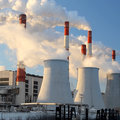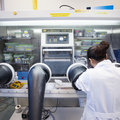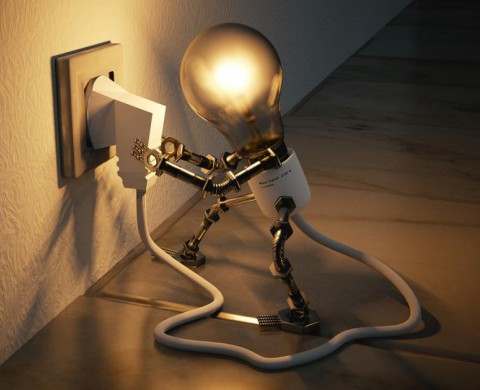News & Calendar
Click the following webcal to add the feed to your own calendar or copy to subscribe manually.
More about webcal.
September
16
Thesis defence
Doctoral defence V.A. Martinez Lopez
19
Co-creating the New Center for Law, Design & AI
19
PowerWeb Lunch Lecture: Martin van den Heuvel
19
Thesis defence
Doctoral defence D. van den Berg
23
Thesis defence
Doctoral defence N. Chrysochoidis Antsos
24
Battery Day 2024
25
Thesis defence
Doctoral defence N. Girichandran
26
Thesis defence






